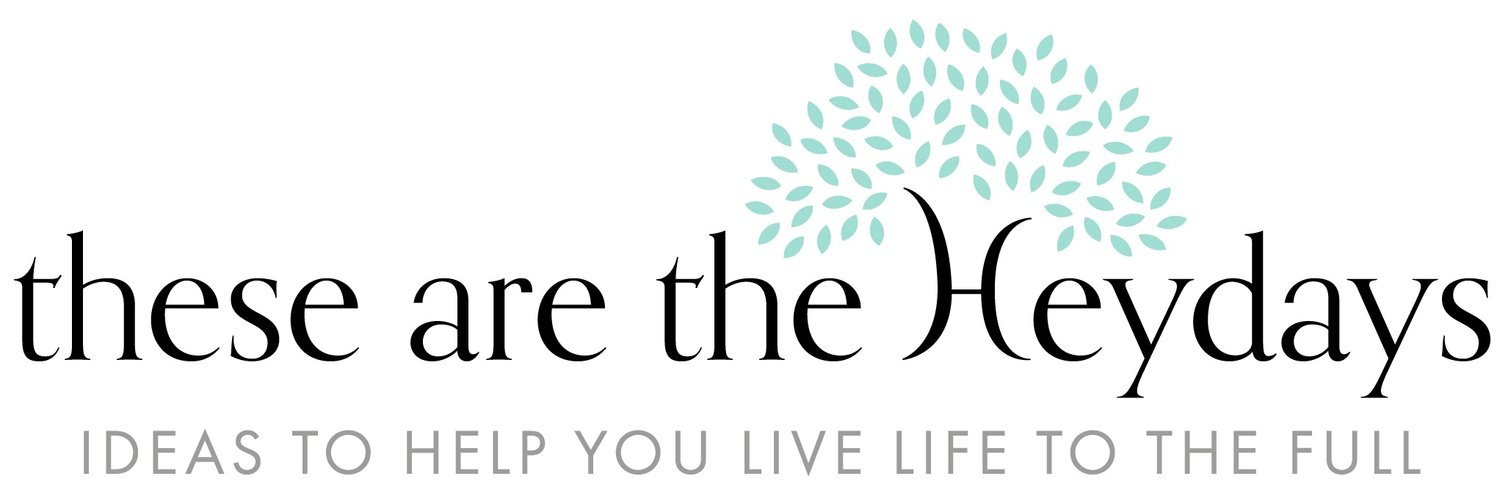New technology and ancient history
Forgive the clumsy photoshopping, but you get the idea
I’m writing this after spending the morning with two colleague pals (is there a word for people you’ve worked with and become/stayed friendly with? There really should be). Anyway, a chunk of our conversation centred on various ground-breaking developments in technology (next generation chatbots, ever more sophisticated robotics, AI) and the speed at which these previously unimaginable inventions are not just being created but will almost certainly become part of everyday life for us all.
For the three of us - each in the relative foothills of the second half of our lives - the prospect of all this radical new technology and the impact it will inevitably have on individuals, society and our precious planet is a combination of bewildering, invigorating and terrifying.
What will the future look like?
More than once (many more, for which repetition I apologise to my companions) I wondered aloud about what kind of world my little grand-girls will grow up and into and how much of it will look familiar - or, lets be honest, even comprehensible - to me. The prospect makes me feel unsettled and more than a little anxious.
But then, as we also discussed, is that not how every generation feels about the way the world changes for the next ones coming up behind them? I mean, there’s no doubt that the sexual freedom and permissiveness of the 60s, for example, was both shocking and deeply troublesome to the generation raised in the infinitely more societally constricted limitations of the 50s.
We know we can change
Throughout history we humans have proved ourselves to be able to not just withstand but flourish through enormous, quite literally life-altering upheaval - look at how the world reshaped itself after the agricultural and industrial revolutions. And then again through the more recent communication revolution with the development and creation of the internet.
It’s true that the pace of change has seemed exponentially faster in the past decades than at pretty much any time in history and that has, and is, testing our adaptability and resilience, often seemingly to its limits. It’s also true that for all the good that new technologies can deliver, they come with their own potential pitfalls and the dangers inherent in them inevitably being used by those with malevolent motives (aka, the bad guys).
A better world? I do hope so
Of course I have no idea how this explosion of high tech development will play out. My resolutely optimistic nature really wants to believe that it will lead to a world that is better for all of us, the generations to come and our beleaguered planet, with better disease treatments, wider collaboration and understanding, and more sophisticated ways to take care of and use our precious resources, so I’m fiercely hanging on to that, yes, I know, rosy-tinted hope, thank you very much.
And in the meantime, reminding myself by happily being fully immersed in the preparations for, and run up to, the coronation of King Charles and Queen Camilla (which I’m not remotely ashamed to say I’ll be glued to watching), that the power and significance of tradition, heritage, ritual, ceremony and pageantry have proved themselves to be compelling and unifying forces for centuries in the past and hopefully will remain so for generations in the future. However high tech they are.
Other posts you’ll enjoy
Designing for our future selves





